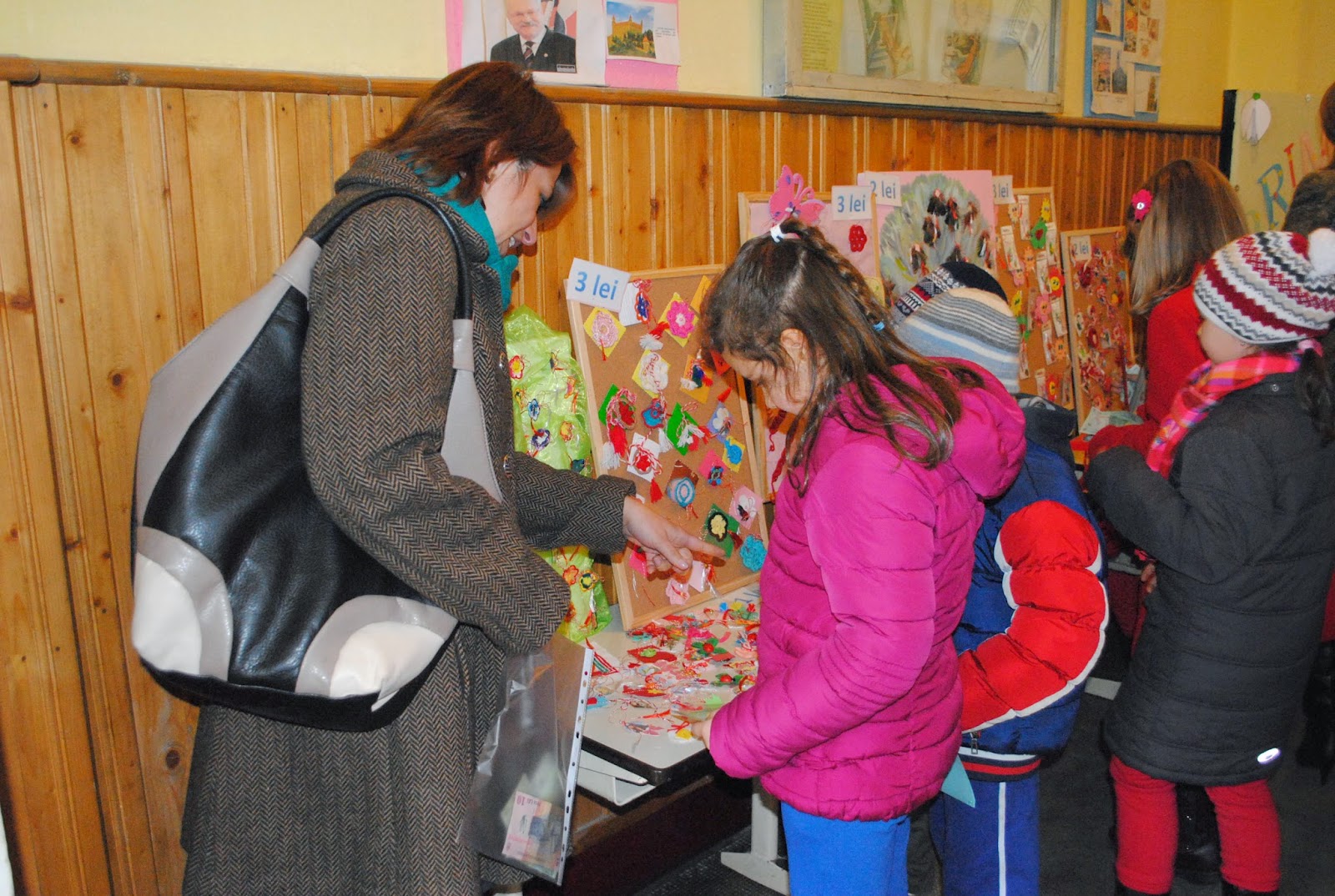Celebrated on 1 March, when the entire world
rejoices the beginning of spring, “Martisor” is a beautiful Romanian custom
consisting in a little gift called “martisor” offered by any man to all the
women in his life.
On 1st March Romania is a truly spectacle, the
scene of thousands little stalls with twisted red-white strings and original
trinkets. From beautiful handmade pieces to silver charms, ingenious figurines,
ecological amulets, elegant brooches, vintage or fashionable jewels,
the vendors exhibit their merchandise offering men a great range of gifts to
choose from.
The first 9 days of spring are called
“Babe” and they are very important for Romanians. There is a tradition in our
country, besides many others, which persuades every single person to pick a day
and if that day will be beautiful and sunny and so will be the entire year for
the person who choose it.
— 9 March represents the day of the 40 saints
called “Mucenici” (martyrs) or “mosi”- old men. The “40 Mucenici” or
“44 Mucenici”- in some areas of the country, is celebrated by almost all
Romanians.Women are baking human shape cakes for the entire family while a few
are taking to the church and given to the poor.person who chose it.—On 9 March
people, especially men, should drink 40 (44) glasses of wine and during the
year, the wine will turn into blood and power.
Palm Sunday is a Christian moveable feast which always
falls on the Sunday before Easter Sunday. The feast commemorates the
triumphant entry of Jesus into Jerusalem
in the days before his Passion.—The day before people gather willow
branches, tie them in bundles and go to church to be sanctified by a
priest. After sanctification, the branches called 'mâţişori' (approx.
'kitties') are taken home by the faithful to adorn with the icons, windows,
doors, entrances.
The Paparuda "Rain
Caller" is the ritual celebrated in Spring on a date that varies from
place to place. It is an old magical dance invoking rain, this customs
survived to the present day in many villages of Romania. The children knit
coronets, adorning them with ribbons. Then they dance, going from house to
house. The hostess throws water and milk after them. The children and the young
people have to receive a coin or wheat, corn, flour or bean.


No comments:
Post a Comment